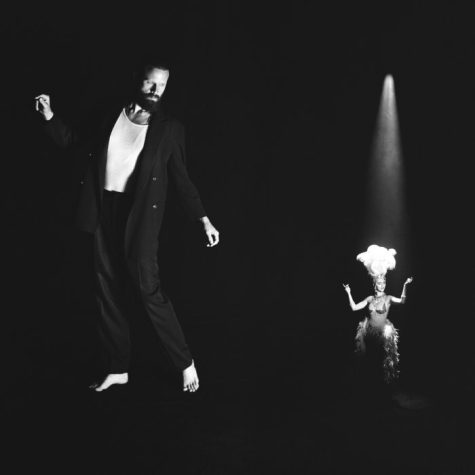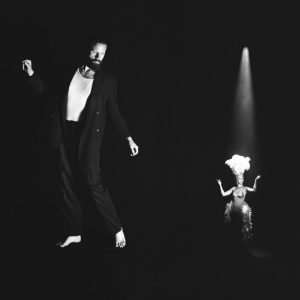GRAE showcases polished sound, potential with nostalgia-themed debut album ‘Whiplash’
April 18, 2022
“Boxes,” the first track of GRAE’s debut album Whiplash, greets listeners with a four-second cacophony of mangled guitars in their left ear before diving into a bassline, which permeates the record. On the April 15 release, the Toronto-based singer-songwriter reflects on her past, pieces her shards together and moves forward in the jarring LP. The 11 tracks serve to express a colorful, turbulent coming-of-age journey.
The album juxtaposes GRAE’s light, hazy vocals with rough musical elements. The singer’s voice evokes emotion rather than sheer power, glossing above the songs’ layers. Following the opener, “Spinning” muses about the artist’s fond memories with her father through bright synths and specific, alliterated lines, such as “Dust of the dark side” and “Classic songs, it’s the crime of the century.” Combining distorted guitars and a melodic bass, “Soft” grooves with steady percussion.
Whiplash steers between upbeat and mellow moods while remaining cohesive. “Grenade” waltzes in with a piano intro then gradually fizzes up in palpitating rhythms. In the track, GRAE becomes vulnerable about her internal struggles and reliance on a loved one, wondering if “there’s a silver lining to (her) jet black attitude.” Meanwhile, “Forget You” seeps into a heartbreaking epiphany of a toxic relationship, singing, “Sunshine of the spotless sky to / Get you out of my mind / Right now memory loss would be / Just fine.” “No Lovey Dovey,” one of the best songs on the album, emerges with heavenly backing vocals and a grungier bass guitar.
Still, the LP contains underwhelming aspects. The chorus of “Outta This World” bores with the same lyric repeated without any variations in tune, the track lazily — perhaps intentionally — fading out into orbit. The guitar riffs in “Like You” grow monotonous, and the final song, “Don’t Know How to Girlfriend,” possesses a post-chorus as stagnant as its instrumentals.
Technicalities aside, Whiplash delivers an ambient escapade by aurally conveying feelings to its listeners. “Room in the Desert,” another standout, mirrors the sensation of entering another dimension, floating in space. The whimsical track shocks listeners with an incongruous synth and sudden change in the song’s tempo and beat. The melody of “How Very Dare You” as GRAE sings, “Sorry, but I lost your address,” creates a round, mountain-like soundscape. The phrase glides along the notes of the octave.
Overall, Whiplash seems undeniably indie pop and alternative, holding more potential to enthrall with a live set. As GRAE continues to explore her ever-evolving sound, the collection proves to be a solid and promising first effort.
3.5 planets out of 5







